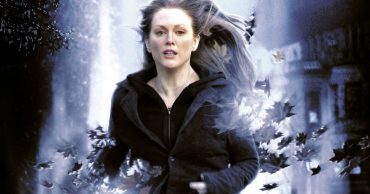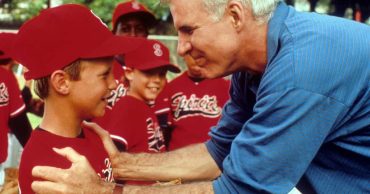The timeless debate of whether the book is better than the movie is far from over. While purists argue that movie adaptations often butcher the source material, there are instances where movie adaptations get it right. Yes, you heard that correctly! Sometimes, the filmmakers sprinkle magic dust on the story and bring it to life in a way that even the staunchest book lovers can appreciate.
Sure, staying true to the source material is usually the standard by which avid readers and viewers judge a production. But sometimes a slight deviation from the status quo can do wonders for a story. With that in mind, here are 6 times movie adaptations changed the books and got it right.
1. Willy Wonka And The Chocolate Factory
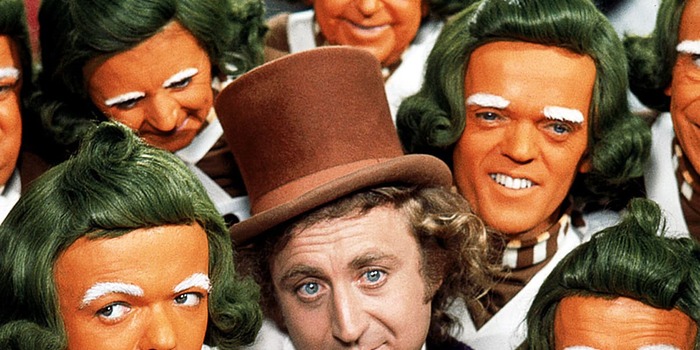
Roald Dahl did wonders when it came to “Charlie And The Chocolate Factory”. However, it was rather unbelievable that Charlie simply inherited the factory because he was the last man standing. So, when the movie added the twist that Wonka actually tested him, it added some depth and believability to the tale. For all the factory owner knew, he could have just had a bit more self-control than the other kids there. At the end of the day, it made it so much more rewarding when he walked away with the grand prize.
2. Carrie

There have been three iterations of Stephen King‘s Carrie and in all three, there was a huge deviation from the source material. It goes without saying that it was for good reason too, because the original would have had people’s minds in knots. The novel is presented in an epistolary format and uses a range of third-party devices to tell its story.
At the center of it all is a committee set up to investigate the aftermath of Carrie’s rampage. As such, the story unravels in the form of interviews, articles, and excerpts from other books. Needless to say, that would be quite hard to execute without alienating a handful of viewers in the process. As such, it made sense that all three versions of the movies adopted a more linear and traditional storytelling style.
3. P.S. I Love You
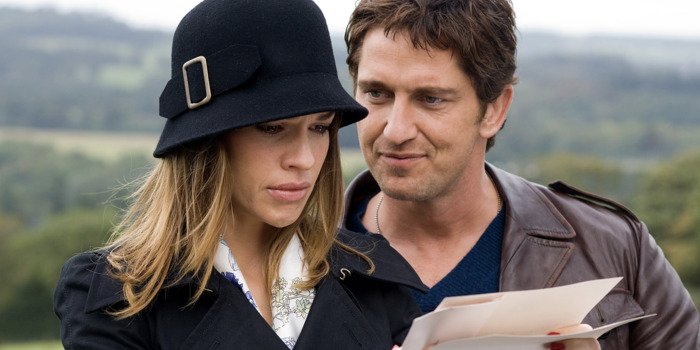
Who knew that simply changing the setting could completely shine a new light on a story? Well, that’s exactly what happened in the 2007 movie P.S. I Love You. As the story has it, Gerry (Gerard Butler) and Holly (Hilary Swank) are living out their happily ever after when he passes away. But not before he leaves her a series of letters that were meant to help her live a full life without him.
The way the book tells it, the couple lives in Ireland and after he dies, it’s revealed that he made arrangements for Holly and her friends to visit Spain. However, the movie spruces the idea up a bit by making it that they lived in America. So, it’s a lot more meaningful when he sends her (and her friends) to his home country, Ireland.
4. The Lord Of The Rings
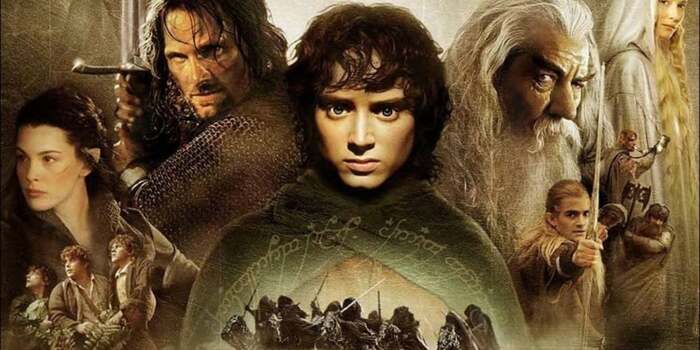
Hands down, The Lord Of The Rings is one of the most iconic book-to-movie adaptations of all time. However, a few things were tweaked here to make it more palatable for viewers. It’s safe to say that the book does call a tall order, so it made sense that James Cameron decided to take more of a realistic approach to the story.
One major deviation from the books was having Frodo swiftly take the ring out of the shire. The way the story was written, there was zero sense of urgency and as such, Frodo spent a lot of time piddling about in the shire. So, it was much more realistic to see him get a move on in what was sold as a life-or-death situation.
5. Breaking Dawn
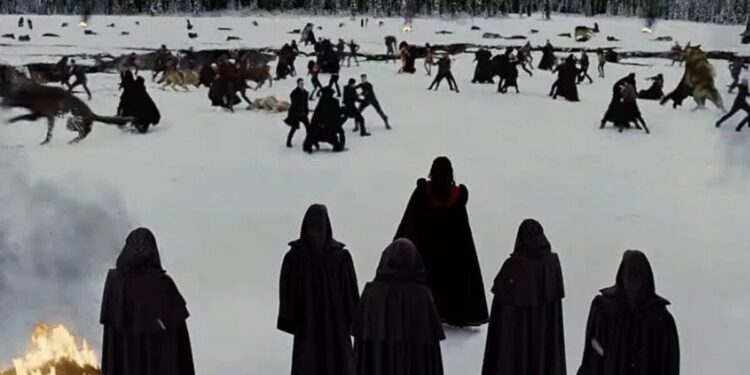
It’s safe to say that the big fight scene in Breaking Dawn was one of the most epic moments in the entire franchise. The fight was intense and featured some well-executed choreography. Seeing as books paint a more vivid picture than movies ever can, that should have been the crowning jewel of the novel. However, once the fact that it was all a vision was revealed before the actual vision, it ended up being anti-climactic. So, the film certainly scored points by letting it play out before the big reveal.
6. The Little Mermaid
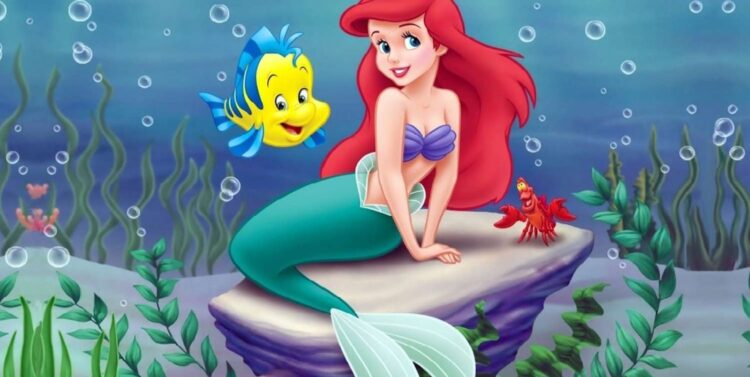
It’s no secret that most of the fairytales we’ve come to know and love were once grim tales. That pretty much includes the story of The Little Mermaid. In the original literature, the story ends with Ariel’s life depending on a harrowing choice — killing the prince. However, she refuses to take his life and ends up dying instead after which she finds no peace as a disembodied spirit. Needless to say, Disney’s version which had the titular mermaid marrying the prince was a way easier pill to swallow.
 Follow Us
Follow Us

